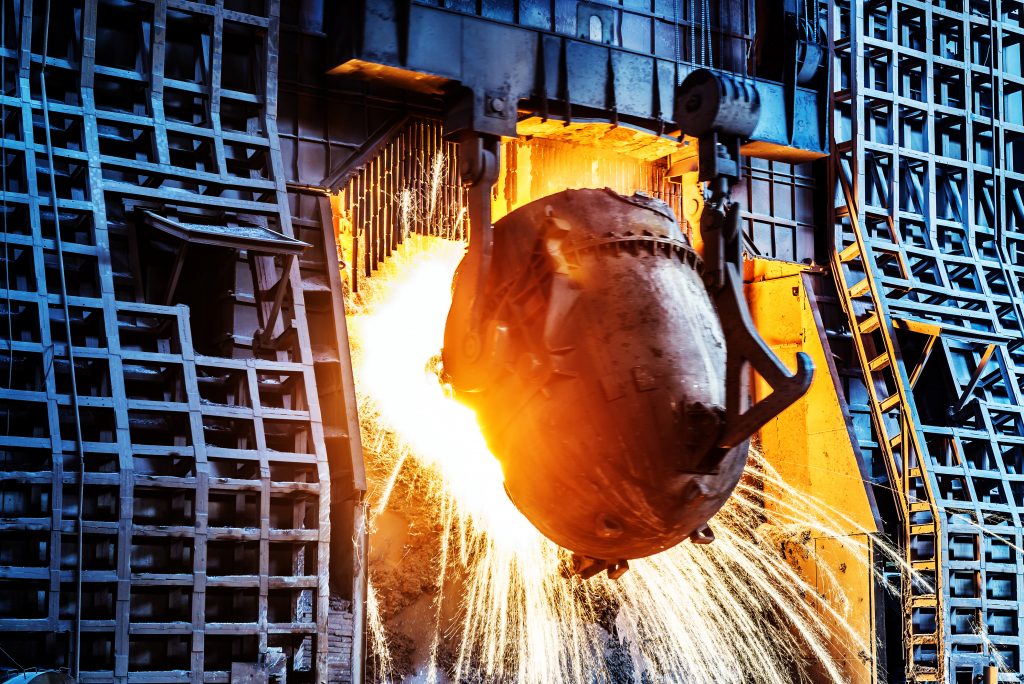Iron ore price tumbles as recession fears fuel commodities selloff

Iron ore and steel prices tumbled on Friday as prospects of a sharp global economic downturn fanned fears of a slump in demand for commodities, despite signs of a rebound in manufacturing activity in top metals consumer China.
The spectre of a global recession fed an already clouded demand outlook for iron ore in China, the world’s biggest steel producer, where mills have idled dozens of blast furnaces recently in a bid to reduce high inventories amid weak orders.
Iron ore’s most-traded September contract on China’s Dalian Commodity Exchange ended daytime trade 6.9% lower at 747.50 yuan ($111.47) a tonne, extending losses to a second day.
On the Singapore Exchange, the steelmaking ingredient’s front-month August contract was down 4.3% at $113.90 a tonne by 0703 GMT.
In the spot market, the benchmark 62%-grade material fell $2 to $122 a tonne on Thursday, wiping out its 2022 gains, SteelHome consultancy data showed.
“It’s not just China where steel output is under pressure,” said Warren Patterson, head of commodities strategy at ING. “Expectations of slowing economic growth, and the growing risk of recession, are clearly not great for global steel demand.”
Asia’s manufacturing activity stalled in June as many companies were hit by supply disruptions caused by China’s strict Covid-19 lockdowns, while sharp economic slowdown risks in Europe and the United States reinforced fears of a global recession.
A slowdown in China’s steel production also indicates its resolve to continue reducing annual output in line with its decarbonisation goals.
In China’s biggest steelmaking province Hebei, some mills had reportedly opted to implement an annual overhaul of furnaces earlier than usual.
Construction steel rebar on the Shanghai Futures Exchange fell 2.5% after a six-session rally, while hot-rolled coil shed 2.2%. Stainless steel dropped 2.4%.
Dalian coking coal slumped 6.1% and coke dropped 3.8%.
(By Enrico Dela Cruz and Emily Chow; Editing by Subhranshu Sahu and Amy Caren Daniel)
{{ commodity.name }}
{{ post.title }}
{{ post.date }}




Comments